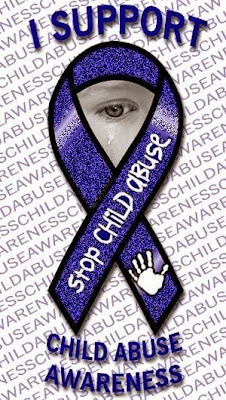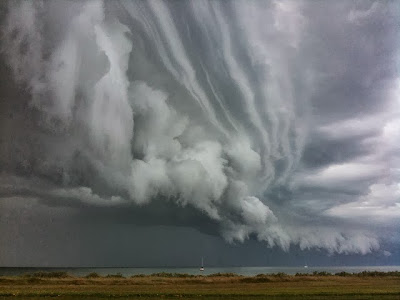Posts
Showing posts from October, 2013
Posted by
Noelle Kirchner
Raising Children, Protecting Marriages
- Get link
- Other Apps

Posted by
Noelle Kirchner
Safety Tips Every Mom Should Know
- Get link
- Other Apps

Posted by
Noelle Kirchner
What to Do in Life's Storms
- Get link
- Other Apps

Posted by
Noelle Kirchner
When Is The Best Time To Plant A Tree?
- Get link
- Other Apps